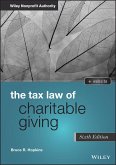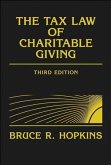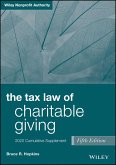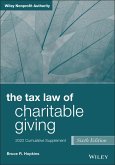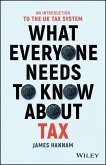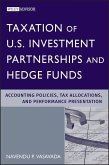'The chapters in this book explore in detail the choices regarding both the structure and administration of the property tax, drawing on the extensive knowledge the authors have acquired in studying property taxes around the world. The chapters provide a wide-ranging treatment of the design choices and administrative tasks, both in terms of the breadth of design options and administrative tasks covered and the depth of the discussion. The authors describe the range of design choices, discuss the associated issues and the advantages and disadvantages for each, and present the criteria to help choose among the options.' From the book's Foreword by David L. Sjoquist, Professor of Economics and Dan E. Sweat Scholar Chair in Educational and Community Policy, Georgia State University Property taxation is a key element in providing a solid foundation and a stable funding source for basic public services. Developing and implementing a property tax system is a complex task. This complexity is compounded by the diversity of legal, cultural and historical contexts of policymakers and tax administrators. The World Development Report (1999-2000), Entering the 21st Century puts fiscal decentralization at the top of the development agenda. This makes local taxation - and especially the property tax option - of critical importance to both tax and land policy, as well as the broader development agenda. A Primer on Property Tax: Administration and Policy provides the reader with an analysis of issues surrounding property tax, including economics, law, public finance, decentralisation, valuation, GIS and property tax reform. A key strength of the book lies in the vast international experience of the authors and the book will provide for the first time material which is topical, cutting-edge and highly relevant to many of the disciplines involved in property taxation. The authors examine the criteria applied to evaluate the strengths and weaknesses of property tax, discuss the main valuation methods and the economic principles underpinning them and review the legal and administrative aspects of property tax worldwide.
Dieser Download kann aus rechtlichen Gründen nur mit Rechnungsadresse in A, B, BG, CY, CZ, D, DK, EW, E, FIN, F, GR, HR, H, IRL, I, LT, L, LR, M, NL, PL, P, R, S, SLO, SK ausgeliefert werden.



